Some stories you come across by chance, and they stay with you. For me, ‘Baranagar Swapnaloke For Humanity With Humanity’ is one of those. What started as a small initiative by Jeniya Talapatra and Purbam Sarkhel has become a full-time mission. Swapnaloke, which means “the light seen in dreams”, is their way of bringing real change to children from the Sabar tribe, one of the most neglected tribal communities in Bengal. These kids have grown up without access to basic needs like food, clean water, education, medical care, or even a safe and supportive environment.
When I witnessed the school of Sabar children in Bonkanali village in Purulia district, on behalf of The Better India, through their curious minds and confidence, it was clear that something is changing for the better. And this is not a one-off effort. Until now, the organisation has survived solely through the generosity of kind-hearted supporters, but today, it needs us more than ever, as the funds will only last for roughly two months.
In Bonkanali and Panchara, these children are holding on to the hope of a better life; one where they can finish school, go to bed with full stomachs, and grow up healthy with access to essential items like medicines, sanitary napkins for girls, and innerwear. That hope can become reality with your support. With a minimum of Rs 500 and Rs 2,550 per child per month, you can help provide these children with the care, dignity, and opportunity they deserve. Your donation can make all the difference.
When survival comes before schooling: the Sabar struggle
A 2024 survey conducted across 10 Sabar villages in Purulia district found that approximately 87 percent of the community remains uneducated. They often see education as a luxury they cannot afford, rather than a tool that can help them survive or improve their situation.
Many in the community believe that modern education does not help them meet their most immediate needs, like food, shelter, or livelihood, so kids tend to drop out early. The challenges are big: deep poverty, remote village locations, cultural traditions, and language barriers all play a role.
And Swapnaloke is working towards bridging this gap, and this is how you can play your part in it.
What will the children receive?
- Nutritious meals, clean drinking water, and clothing
- Free, quality education and coaching
- Medical care, sanitary and menstrual care and dental care
- Support with official documentation
- Safe shelter and a nurturing, residential environment
- Skill-building programmes like fish farming, gardening, and cultural dance training
- Emotional and social support to rebuild trust and confidence
- Protection from child marriage, child labour, and substance abuse
How can you help?
- Sponsor a child: take full responsibility for one child at Rs 2,550 to Rs 2,850 per month
- Start a monthly donation: from just Rs 500 per month (no upper limit)
- Corporate Social Responsibility partnerships
- Make one-time or recurring donations throughout the year
- Spread the word: share this with your friends, family, and networks
How to donate?
Scan the QR code
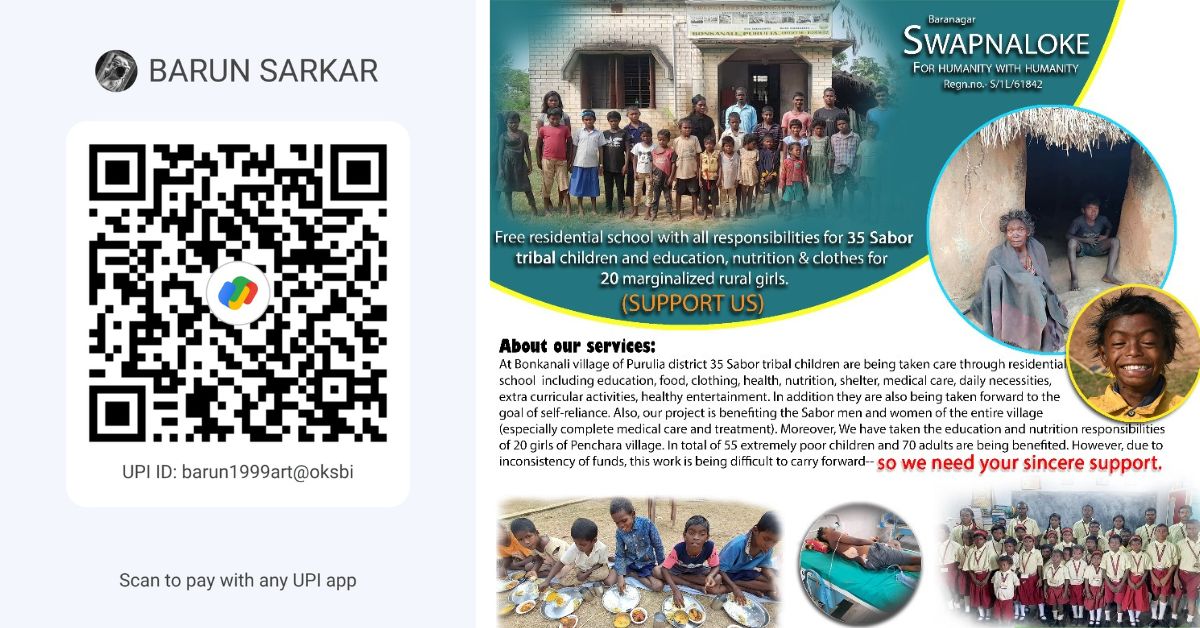
OR
Make donations to this bank account:
Baranagar Swapnaloke For Humanity With Humanity
Account Number – 50200076232938
HDFC Bank
IFSC Code – HDFC0000469
Branch – Chowringhee Road.
Address – 88, Chowringhee Road, first floor, Kolkata – 700020
Contact- 9123778435 (Call) WhatsApp – 6291597647
Email- swapnaloke@gmail.com
Website: www.swapnaloke.org.in
Hope in Bonkanali and Panchara: Stemmed from personal struggles
Jeniya Talapatra, 44, founded her organisation, Baranagar Swapnaloke — For Humanity With Humanity, in the year 2008. However, the road to her formalising the NGO was not smooth.
“I lost my father when I was 13, and my mother and I suffered from financial difficulties. She used to teach in a Montessori school, and through humble earnings, she raised me. I got the spirit to help people in need from her, as she used to tell me stories of Rabindranath Tagore and other freedom fighters. I used to wonder how I could do my bit in shaping society for the betterment.
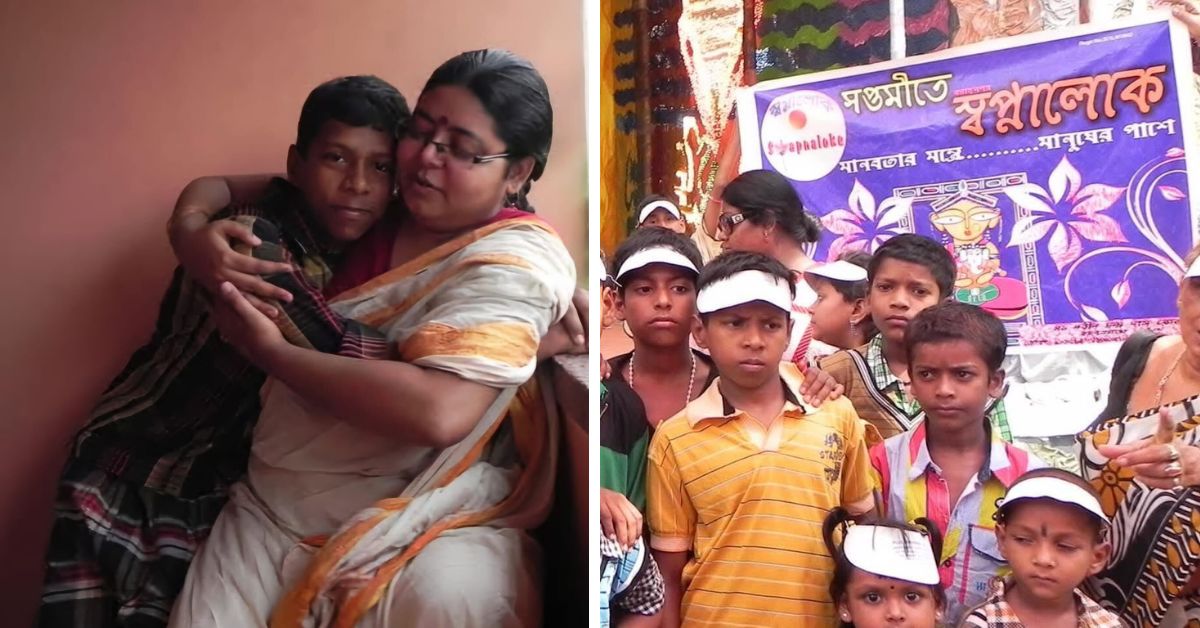
In 2006, I joined a group to work in the social sector. We worked in the Sunderban region. However, I was appalled to see the corrupt practices that had grappled the system.”
Finally, Jeniya embarked on a solo journey with a zeal in heart and a strong will to support street children. In a slum at the Canal East Road in Kolkata, she started teaching with just six children in the beginning. However, soon she realised that merely having a thought and a gentle will not suffice in gaining funds for her cause. She formalised Swapnaloke in 2008 with the help of some legal consultants and initial supporters.
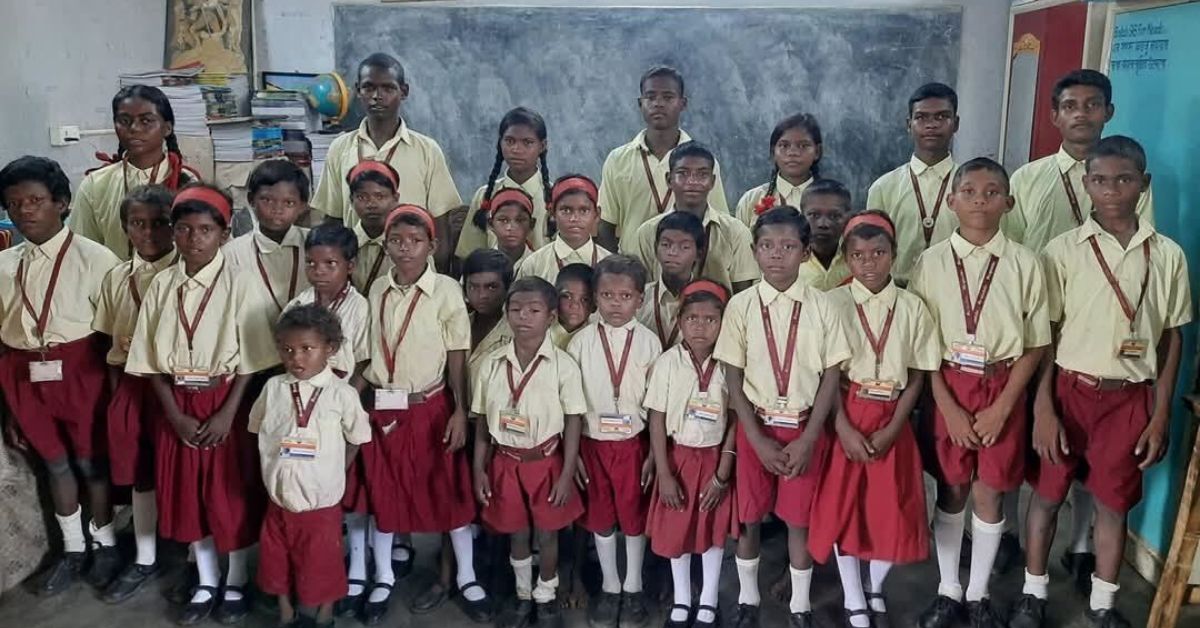
“However, during the course of years, personal responsibilities made a lot of people dissociate from the organisation, and we have survived for 16 years based on goodwill and some well-wishers. But recently, we have not been able to secure funds. And with what is left, we will only be able to support these 54 students of Bonkanali and Panchara for just two months,” shared Jeniya, who got emotional while even imagining that her vision for these children could come to a standstill.
If you resonate with the cause, you can reach out to Jeniya Talapatra at 6291597647.
Swapnaloke: a shared dream, a lifelong mission
Purbam and Jeniya met in 2003, brought together by a shared dream: to serve the nation by working for underprivileged communities. From the very beginning, they made a heartfelt decision not to have children of their own, believing that doing so might divide their attention and commitment. Jeniya believes, instead, that by the grace of God, they have been blessed with countless children who see them as parents. Through these bonds, they have found a deeper purpose and a family far greater than they ever imagined.
Since its founding, Swapnaloke has been working tirelessly to uplift the lives of the underprivileged across Kolkata and neighbouring areas for 11 years. Its focus has been on empowering street and slum children, supporting women’s education, and organising free medical camps with medicine distribution — efforts that have directly impacted nearly 1,500 children and adolescents by 2019. Among these achievements, Swapnaloke has also successfully intervened in about 30 cases to prevent child marriage.
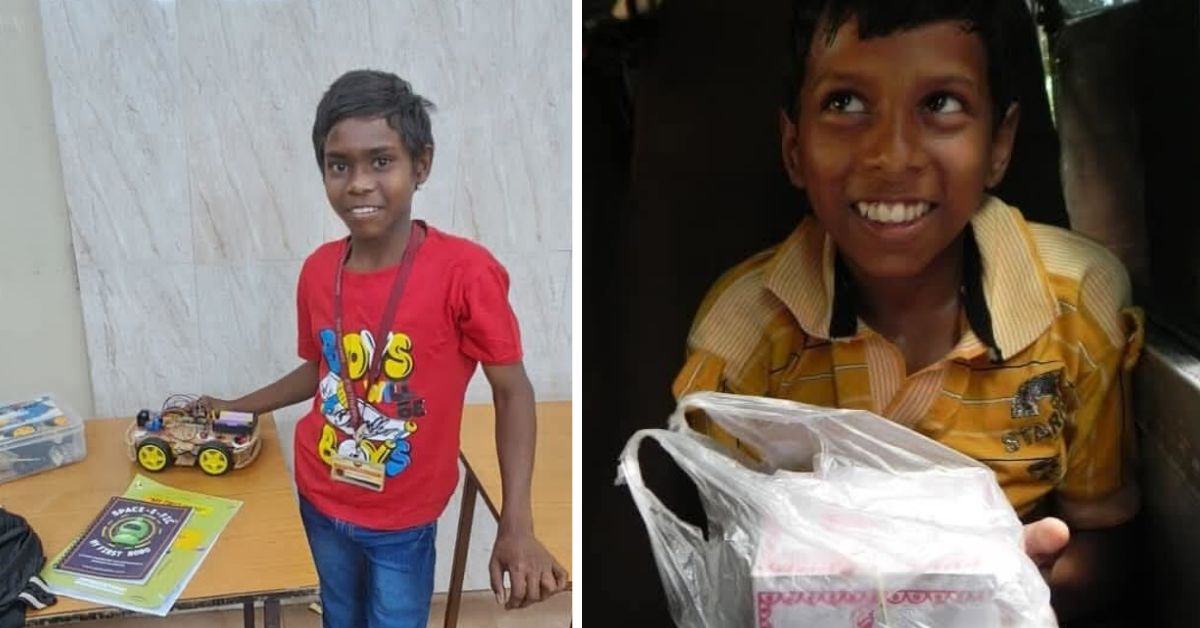
Purbam, a private employee in the healthcare sector, shared, “In 2015, Swapnaloke expanded its efforts to Panchara village in Purulia district, with a special focus on poor and marginalised children, especially girls. We took complete responsibility for their education, nutrition, and overall well-being, including running a free coaching centre. Currently, 20 students in Panchara are being supported through the ‘Ishwar Chandra Vidyasagar Education Help Project’, and around 120 children have benefited from it so far.”
Where once girls were commonly married off at 13 or 14, awareness campaigns by Swapnaloke have brought an end to this practice, and today, a few girls from this very village are pursuing postgraduate studies.
During their journey, Swapnaloke came across Bonkanali, a remote Sabar tribal village ravaged by extreme poverty. Here, children were surviving on rats, frogs, snakes, and monitor lizards. Hunger forced them into cheap intoxicants like mahua, and many were pushed into child labour. Before anything else, the challenge was to convince these children and their families to believe in the possibility of a different life.
“On January 18, 2021, Swapnaloke opened ‘Sabujangan Vidyalaya’ — a free residential school for Sabar tribal children in Bonkanali. What began with just 14 children has now grown to 34. These children receive everything they need — education, nutritious food, clothes, medical care, and even help with government documentation. Swapnaloke takes full responsibility for their lives, every single day. Beyond the children, the organisation also supports the adults of Bonkanali, providing access to drinking water, electricity, and various livelihood programmes,” adds Jeniya.
However road to gaining the trust of the tribe was not an easy task. Before formalising the school, Jeniya shared that the Swapnaloke team had to visit and live in the village to convince the community that Swapnaloke meant no harm, but only good will and love.
Giving back what was once given
I also had the opportunity to virtually visit this school and speak with one of its alumni, Barun Sarkar, who is pursuing a graduate degree in arts while working at Swapnaloke.
“I am indebted to Baba (Purbam) for the life I have today. My father is a rickshaw puller and my mother is a house help. We live in a slum in Baranagar. Had Baba not recognised my potential in photography and given me his camera to pursue photography and later, sketching and art, I would not have gotten the opportunity to dream a future which could have been different from my parents’ reality,” he exclaims.
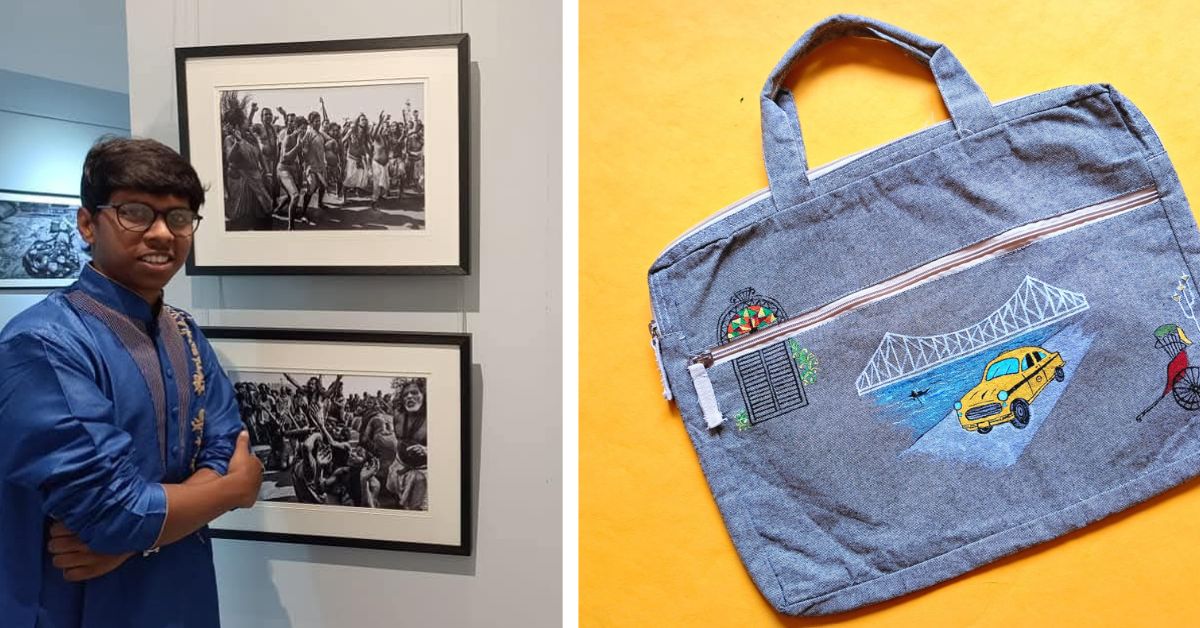
Barun also teaches Bengali and sketching at the school while running his own handicrafts venture. He donates all the revenue to the school to keep it running. But just Barun’s donations would not be enough to support the education of the 54 students. Contact below:
Contact – 9123778435 (Call); WhatsApp – 6291597647
Email- swapnaloke@gmail.com
Website: www.swapnaloke.org.in
Edited by Leila Badyari; All images courtesy Swapnaloke
No comments:
Post a Comment